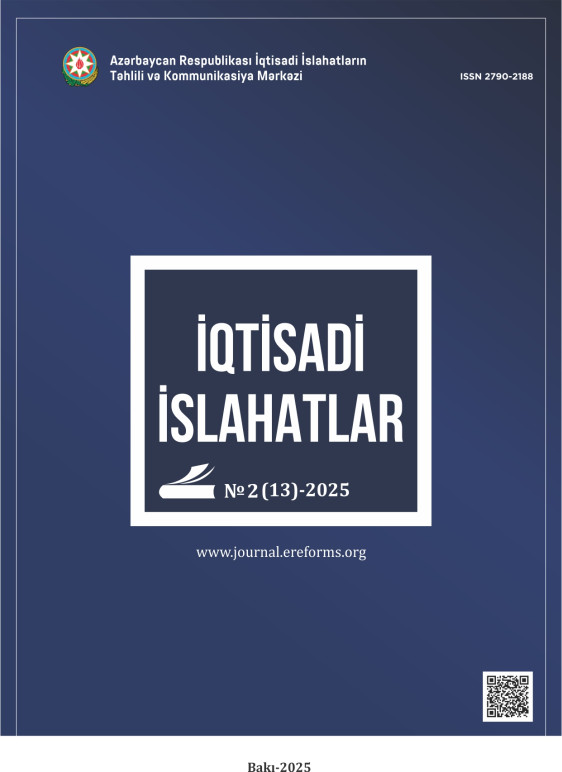The evaluation of the multiplicative effects of net export changes in Azerbaijan
Summary
This study investigates the broader economic and social implications of changes in net exports in Azerbaijan, focusing on three key sectors: oil, non-oil, and services. As Azerbaijan continues to pursue economic diversification and reduce its dependency on oil revenues, understanding the differential impacts of export growth across sectors becomes increasingly important. Using two widely recognized analytical frameworks—the Input-Output (IO) model and the Social Accounting Matrix (SAM)—this research provides a comparative evaluation of the multiplier effects associated with a one-million-manat increase in net exports from each sector.
The IO model captures the direct and indirect effects on total output by tracing inter-industry linkages within the domestic economy. Results show that a 1 million manat increase in oil exports leads to a total output expansion of approximately 1.15 million manats. In contrast, the same increase in non-oil exports yields 1.89 million manats, and services exports generate 1.51 million manats in total output, reflecting stronger linkages and domestic value-added in non-oil and services activities.
Complementing the IO approach, the SAM model integrates additional social and institutional dimensions, including household income distribution, consumption behavior, and government transfers. This broader framework reveals even more substantial multiplier effects: 2.25 million manats for oil, 2.14 million for non-oil, and 2.3 million for services exports. The slightly higher impact of services exports in the SAM model highlights the sector’s stronger feedback loops through household income and domestic demand.
These findings offer several policy insights. First, while oil exports continue to play a significant role in stimulating output, non-oil and services sectors deliver higher multipliers, particularly when social and income-related effects are considered. Second, export-led growth in these sectors can contribute more effectively to inclusive and sustainable development. Lastly, the analysis supports the prioritization of export-oriented policies in non-oil and service industries as a pathway to reduce vulnerability to external shocks and foster economic resilience.
